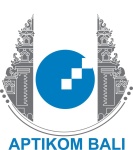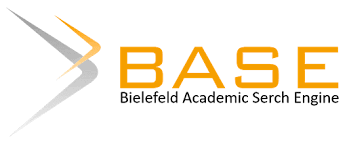PKM MENUJU UMKM EKONOMI KREATIF BERBASIS DIGITAL DIKELURAHAN PENATIH
DOI:
https://doi.org/10.59819/sewagati.v2i2.3403Keywords:
Entrepreneurial spirit; UMKM, Penatih urban villageAbstract
The empowerment of Micro, Small and Medium Enterprises (UMKMs) is one of the key aspects of local economic development in many countries, including Indonesia. To achieve the full potential of UMKM, collaboration with various agencies, such as the government, universities, and social institutions, is important. This article reviews the involvement of various parties in UMKM empowerment efforts in Penatih Village, which has implemented various activities and trainings, including UMKM workshops. The main focus of this research is digital training that is continuously conducted by PGRI Mahadewa University Indonesia, especially the Informatics Engineering and Information Systems study programs. The results of observations and evaluations of training stages 1 and 2 show that the development of UMKMs in the fields of Tedung, sculpture, and Silver by Penatih Village residents has very good prospects. Therefore, the Digital-based UMKM training phase 3 is focused on providing types of UMKMs that can be sold to people in Bali and the international market. After the training, the UMKM participants have the ability to manage their digital-based products on the Bali UMKM web.
Downloads
Downloads
Published
Issue
Section
License
Authors who publish with the Jurnal Sewagti agree to the following terms:
1. Authors retain copyright and grant the journal the right of first publication with the work simultaneously licensed under a Creative Commons Attribution License (CC BY-SA 4.0) that allows others to share the work with an acknowledgment of the work's authorship and initial publication in this journal.
2. Authors are able to enter into separate, additional contractual arrangements for the non-exclusive distribution of the journal's published version of the work (e.g., post it to an institutional repository or publish it in a book), with an acknowledgment of its initial publication in this journal.
3. Authors are permitted and encouraged to post their work online (e.g., in institutional repositories or on their website) prior to and during the submission process, as it can lead to productive exchanges, as well as earlier and greater citation of published work. (See The Effect of Open Access) .




















